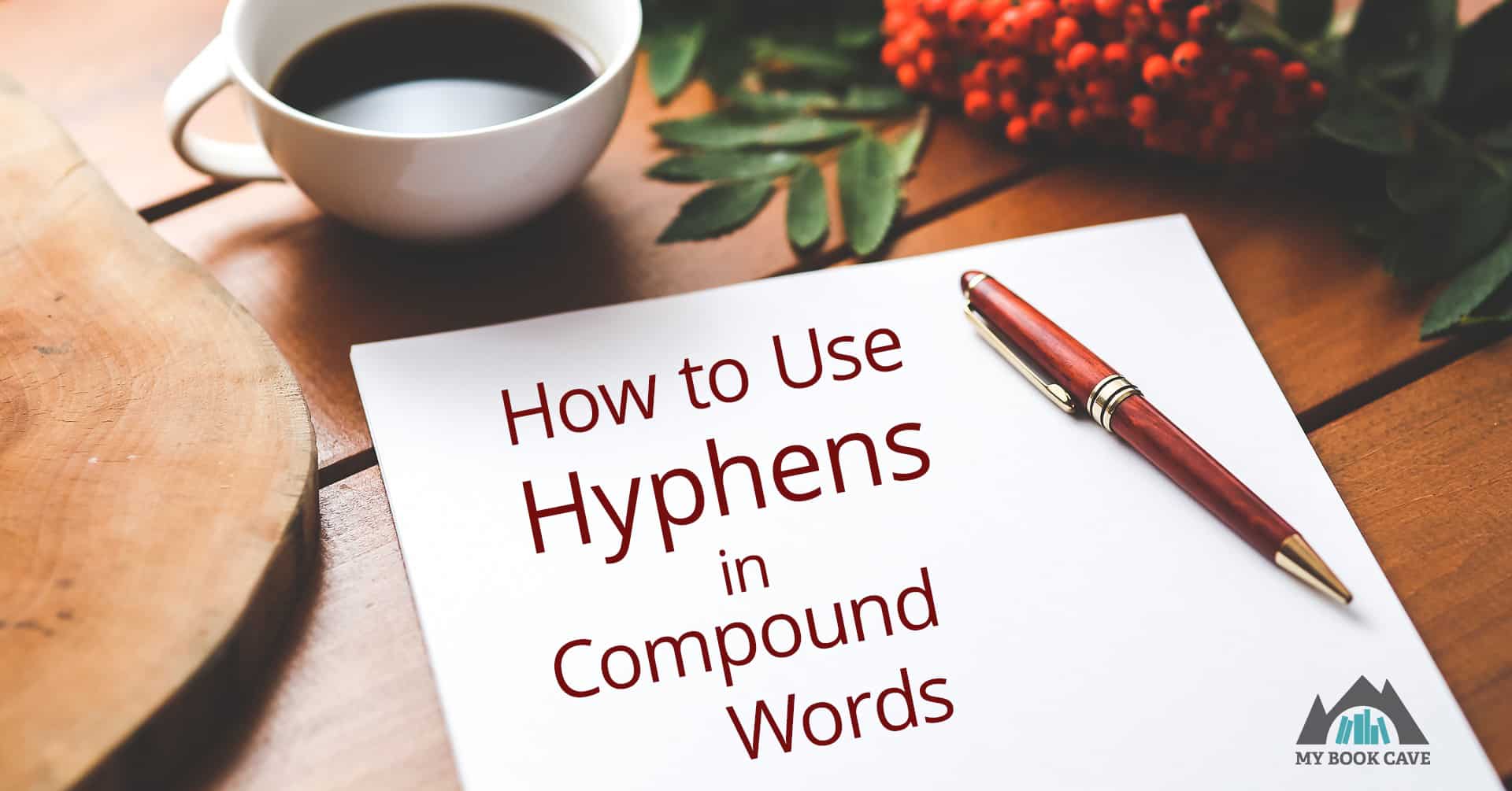
Hyphens are used to create compound words, but when is it appropriate to use a hyphen? Here are some easy tips that will help you with how to use hyphens.
The General Rule
Compound Modifiers
When you have a multiple-word, or compound, modifier, those words are hyphenated when they come before the noun they modify and not hyphenated when they come after the word they modify.
This rule is in place to prevent confusion when reading. For example, “small animal hospital” (the hospital is small) means something different from “small-animal hospital” (the animals are small).
Here are some more examples of correct hyphenation:
The three-year-old girl won the eating contest.
but
The winner of the eating contest is three years old.
The three-year-old girl cried.
but
The girl, who is three years old, cried.
He is a good-looking man.
but
The man is good looking.
More examples of multiple-word modifiers:
multiple-word
over-the-counter drug
slow-witted boy
hundred-dollar bill, or ten-dollar bill, etc.
angry-looking woman
two-face criminal
full-length novel
Noun Phrases
Noun phrases are usually hyphenated, but The Chicago Manual of Style advises checking the noun compound in Merriam-Webster’s Dictionary to see if it is hyphenated there and going with what the dictionary says is correct.
Here are some more examples of correct hyphenation:
nurse-practitioner
city-state
stick-in-the-mud (He is a stick-in-the-mud. Let the stick-in-the-mud go home.)
state-of-the-art (It is a state-of-the-art design. The design is state-of-the-art.)
but
a flash in the pan
Also, note that some compound modifiers become noun phrases when the usual noun is left out but implied:
Correct: Their child is a three-year-old. (Because “girl” or “boy” is implied at the end of this phrase.)
Correct: Their three-year-old jumped into the pool. (“Girl,” “boy,” or “child” is implied after three-year-old. It is similar to stick-in-the-mud above, which refers to a person.)
Incorrect: Their child is three-years-old. (There is no implied noun on the end of this sentence, so you would never use hyphens.)
Again, for correct hyphenation of noun phrases, look up the phrase in Merriam-Webster. Chicago says that if you can’t find the phrase in Merriam-Webster, then do not hyphenate.
Also be careful not to confuse a noun followed by a prepositional phrase as a noun phrase (for example, “the daily race to the sofa” is not hyphenated). In other words, you can’t find the phrase in Merriam-Webster, do not hyphenate.
Some Exceptions
Of course, how to use hyphens wouldn’t be so confusing if there weren’t some exceptions.
Proper Noun Modifiers
Do not hyphenate proper noun modifiers (names and titles), even if they come before the noun.
Correct: The United States anthem was sung.
Incorrect: The United-States anthem was sung.
Here are some more examples of correct hyphenation (none for proper nouns):
African American president
North Central region
Adverbs Ending in -ly
If the first word in a compound modifiers is an -ly adverb, a hyphen is not necessary (because adverbs can only describe verbs, adjectives, or other adverbs, so there is no confusion over which word it is modifying.)
Correct: the oddly dressed woman
Incorrect: the oddly-dressed woman
Specific Phrases
Some words aren’t hyphenated, even though you may think they should be. Usually, you can find these phrases in the dictionary, which will let you know whether or not to hyphenate.
Here are some correct hyphenation examples:
Compass Points: northeast, but east-northeast (hyphen is included with three directions, but not with two)
Percentage: 5 percent raise (never hyphenated)
Numbers: six hundred twenty-one dollars (only twenty-one through ninety-nine are hyphenated)
Noun + Number: a page 1 headline, size 8 pants (never hyphenated)
Some More Tips
Two Compound Modifiers
You can leave out the second part of a hyphenated term when you have two compound modifiers with the same ending. In these cases, you still keep the hyphen.
Example: There are both fifteen- and thirty-year mortgages available.
Here, we are omitting the second part of “fifteen-year” because it appears in the next compound modifier, but we still keep the hyphen.
Use Chicago’s Table
The Chicago Manual of Style has a great reference table on hyphenations. When in doubt, always take look for answers in this table.
Let us know in the comments below if you have any questions on how to use hyphens.















Thank you this helped a lot!
I don’t think “finely-turned piano” is correct. Finely (an -ly word) is an adverb modifying tuned. It should be — ‘finely tuned piano”.
Ha! Nice catch. I’ve edited the post to fix that. Thanks!